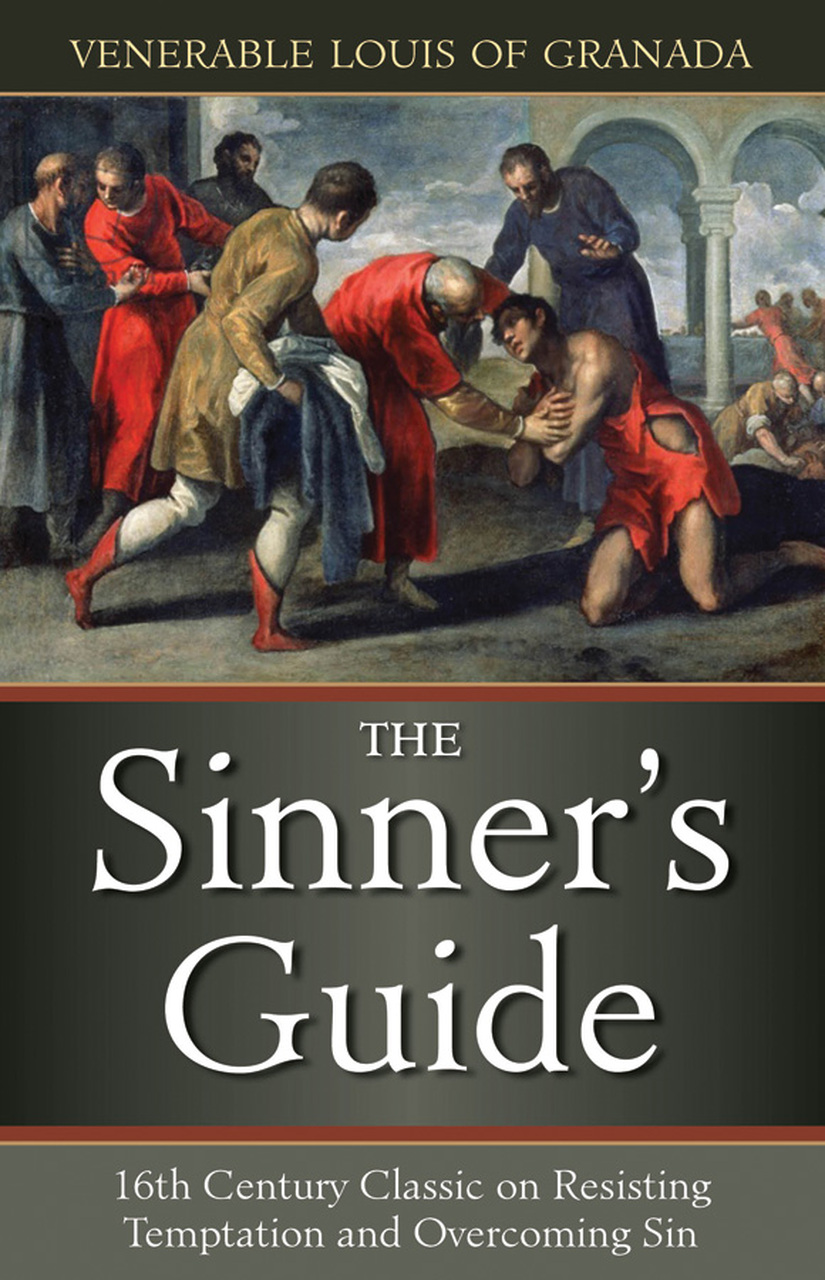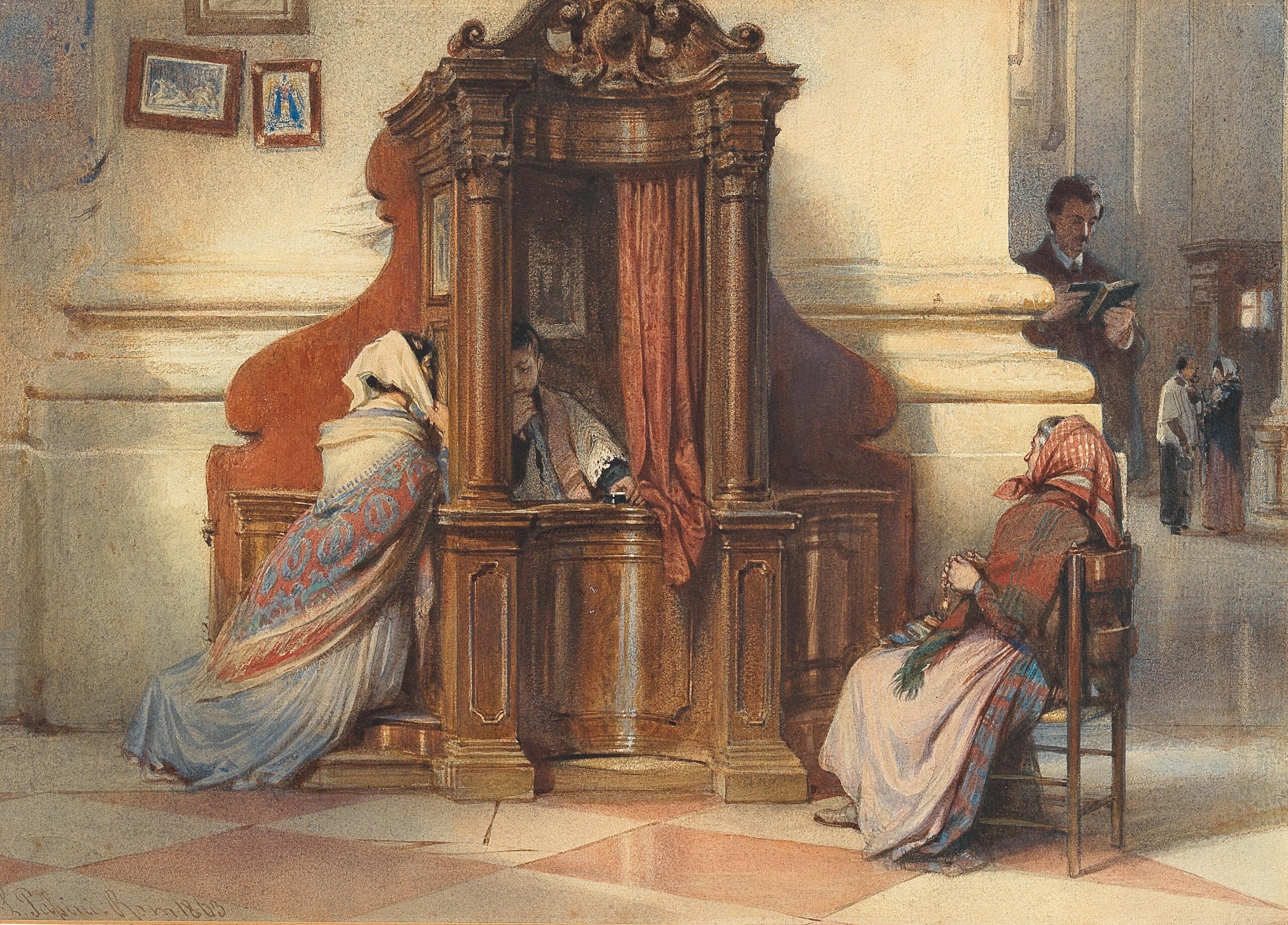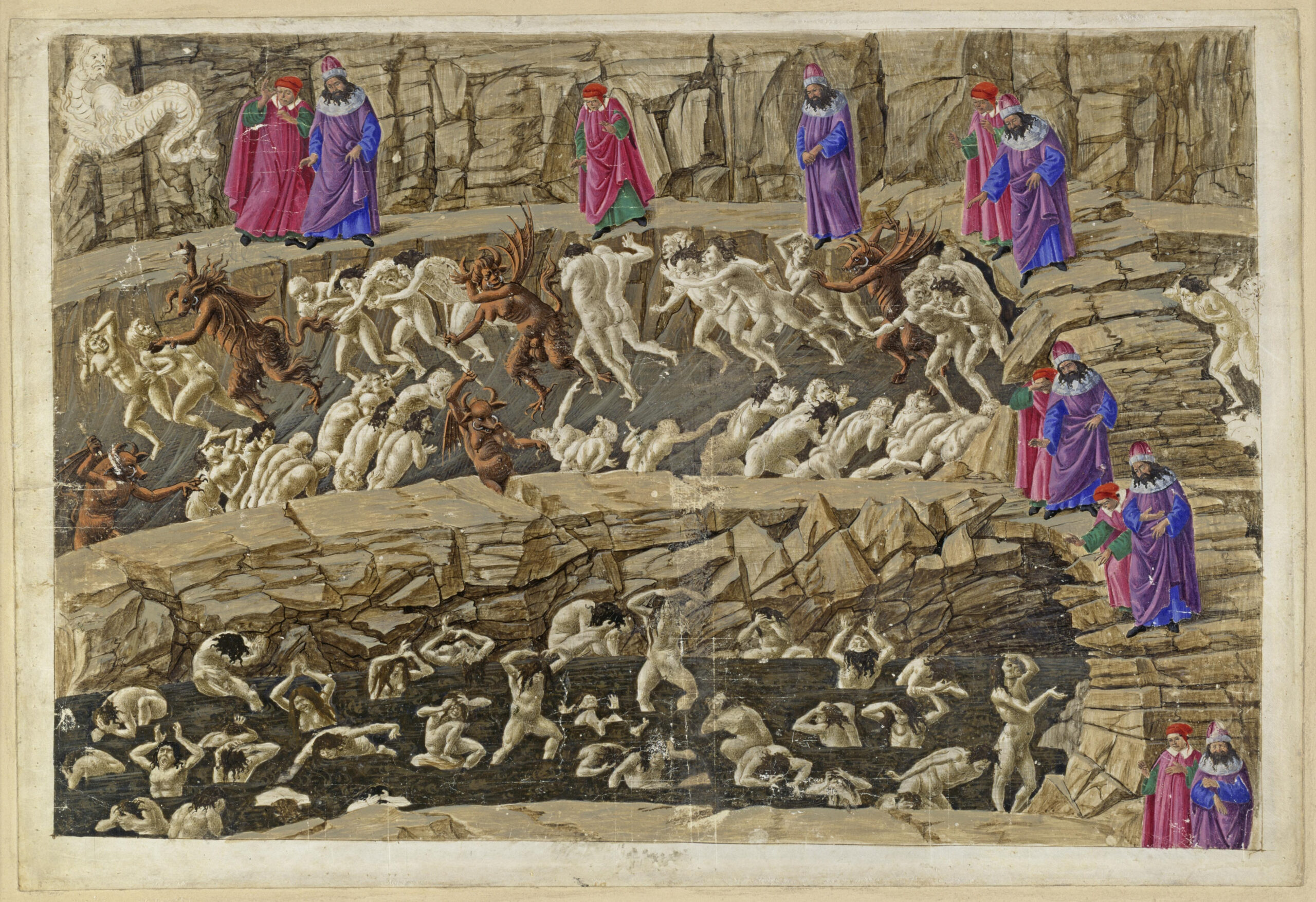The Sinner’s Guide has formed countless saints over the centuries. Credited with the conversion of millions of souls, this spiritual masterpiece is a must-read for those desiring to become saints. The following excerpt from The Sinner’s Guide reveals the peace of a good conscience.
God Gives All We Need for Perfection
GOD, who gives His creatures all that is necessary for their perfection, has planted the seed of virtue in the soul of man, and has endowed him with a natural inclination for good and an instinctive hatred of evil. This inclination may be weakened and perverted by a habit of vice, but it can never be totally destroyed.
We find a figure of this truth in Job, where we see that, in the calamities which befell the holy man, one servant always escaped to announce the misfortune which had overtaken his master. So the faithful servant, conscience, always remains with the sinner in the midst of his disorders to show him what he has lost and the state to which his sins have reduced him.
This is still another striking proof of that providence we have been considering, and of the value God attaches to virtue. He has placed in the center of our souls a guardian that never sleeps, a monitor that is never silent, a master that never ceases to guide and sustain us. Epictetus, the Stoic philosopher, was deeply impressed with this truth when he said that “as fathers are wont to entrust their children to a tutor who will prudently guard them from vice and lead them to virtue, so God, after creating man, confides him to the care of that interior guide which stimulates him to virtue and warns him against vice.”
A Scourge to the Wicked
But conscience, which is such a kind master to the just, becomes a scourge to the wicked. It tortures them with the remembrance of their crimes and embitters all their pleasures. Among these torments of conscience, one of the greatest is the hideousness and deformity of sin, which is so abominable in itself that a heathen philosopher once said, “Though I knew that the gods would pardon me if I sinned, and that men would never know it, yet I would not take upon me a thing so abominable in itself.”
Another rod with which conscience scourges the wicked is the sight of the evil caused by sin, which, like the blood of Abel, seems to cry to Heaven for vengeance. Thus we are told that King Antiochus, during his sickness, was so assailed by the thoughts of his past crimes that the grief they occasioned brought on his death. “I remember,” he cried, “the evils that I did in Jerusalem, whence also I took away all the spoils of gold and of silver that were in it, and I sent to destroy the inhabitants of Juda without cause. I know, therefore, that for this cause these evils have found me; and behold I perish with great grief in a strange land.” (1 Mac. 6:12-13).
Shame and Dishonor Experienced by the Wicked
The shame and dishonor of sin form another torment for the wicked. It is natural for man to desire esteem, but who can honor the sinner? It is natural for him to wish to be loved, but who is there who does not hate iniquity? To these miseries let us add the fear of death, which never fails to haunt the wicked, unless they are utterly abandoned. What comfort can they have in reflecting on the uncertainty of life, the thought of the terrible account they must render, and the anticipation of eternal torments? Consider the sentiments which such reflections must awaken in the sinner’s breast, and you will form some idea of the torments of his conscience.
Thus does Holy Scripture portray the torments of which the heart of the sinner is both the theater and the victim. A philosopher has wisely said that by an eternal law of God it is ordained that fear should be the inseparable companion of evil; and this is confirmed by Solomon, who tells us, “The wicked man fleeth when no man pursueth, but the just, bold as a lion, shall be without dread.” (Prov. 28:1). This thought is also expressed by St. Augustine, who says, “Thou hast ordained, O Lord, that every soul in which disorder reigns should be a torment to herself; and truly it is so.”
Nature teaches us the same. Does not every creature suffer for infringing the law of its being? Consider the pain which follows the displacement of a bone in the body. What violence a creature endures when out of its element! How quickly does sickness follow when the different parts of the body are not in harmony! Since, then, it belongs to a rational creature to lead a regular life, how can he escape suffering, how can he fail to become his own torment, when he disregards the laws of reason and the order of Divine Providence? “Who hath resisted God and hath had peace?” (Job 9:4). Hence we see that creatures who submit to the order of God enjoy a peace and security which abandon them the moment they resist this divine law. Man, in his innocence, was absolute master of himself; but after his disobedience he lost his peaceful empire and began to experience remorse and an interior warfare against himself.
“Is there any greater torment in this world,” asks St. Ambrose, “than remorse of conscience? Is it not a misery more to be feared than sickness, than exile, than loss of life or liberty?”
“There is nothing,” says St. Isidore, “from which man cannot fly, save from himself. Let him go where he will, he cannot escape the pursuit of an accusing conscience.” The same Father adds elsewhere, “There is no torment which exceeds that of a guilty conscience. If, then, you desire to live in peace, live in the practice of virtue.”
Having thus seen the sad effects of an evil conscience, we will be enabled to realize more fully the blessed peace which the just enjoy.
Virtue: A Shelter from Remorse
Virtue shelters them from the remorse and sufferings which have been described as the lot of the wicked. The consolations and sweet fruits of the Holy Spirit fill them with joy and transform the soul into a terrestrial paradise, where He is pleased to take up His abode. “The joy of a good conscience,” says St. Augustine, “makes the soul a true paradise.” And elsewhere he says, “Be assured, ye who seek that true peace promised to a future life, that you may here enjoy it by anticipation, if you will but love and keep the commandments of Him who promises this reward; for you will soon find by experience that the fruits of justice are sweeter than those of iniquity. You will learn that the joys of virtue, even in the midst of trials and misfortunes, far exceed all the delights of pleasure and prosperity accompanied by the remorse of a bad conscience.”
ooo
This article is taken from a chapter in The Sinner’s Guide by Venerable Louis of Granada, OP which is available from TAN Books.









